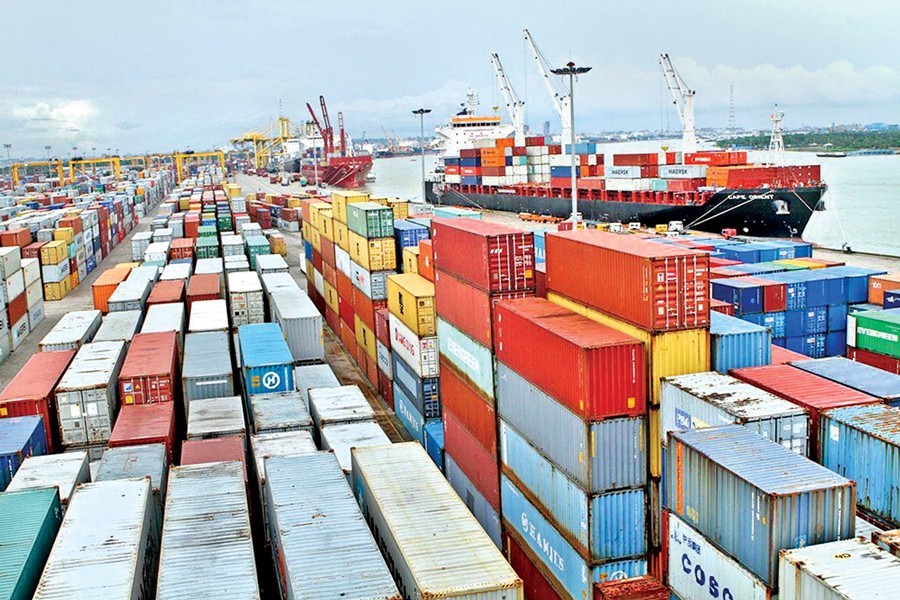The country's overall export to India reached US$1.07 billion during July-April period of the current fiscal (FY), 2018-19, marking a robust 53 per cent growth.
Bangladesh earned $701.56 million during the corresponding period of last FY, according to the state-owned Export Promotion Bureau (EPB) data.
The other non-traditional destinations where local export during the period under review witnessed double-digit growth included Japan $1.17 billion with 22.57 per cent growth, and China $709.06 million with 26.14 per cent growth.
Besides, export to Australia rose 13.63 per cent and reached $688.89 million, Russia 12.83 per cent to $446.94 million, and Korea 48.05 per cent to $317.72 million, the EPB data showed.
Ready-made garment (RMG) items are the major local goods shipped to India along with other products like raw jute and jute goods, fish and crustaceans, plastic and leather items, sources said.
The exporters and experts attributed the rise in export to growth in demand of these items among the Indian rising middle class.
They opined that India is a potential market, not only for RMG but also for non-RMG products.
Western retailers, having outlets in India, and Indian local brands also found sourcing their goods from Bangladesh competitive, they added.
When asked, Fazlee Shamim Ehsan, acting president of the Bangladesh Knitwear Manufacturers and Exporters Association (BKMEA), said the growing middle class in India is pushing up the demand for the locally-produced garment items there.
Besides, the western retailers, including H&M, are also opening their chain shops in India, and increasing direct sourcing from Bangladesh, he told the FE on Thursday.
The duty-free access to India has also encouraged them (western buyers) to source from Bangladesh for Indian market.
"Indian local clothing brands are also gaining confidence in our quality products."
"India is undoubtedly a big market for Bangladesh, and locally made apparel items have huge demand there," he added.
Local jute exporters, however, said their export to India is facing difficulties due to imposition of anti-dumping duty on jute goods by that country.
India has amended the registration rules for importing raw jute and jute products, making it mandatory for all importers to obtain no objection certificate (NOC) from the Jute Commissioner of India for each consignment, according to a recent report of the World Bank.
"The entire procedure of obtaining NOC is fraught with complexities and uncertainty, thus restricting the import of raw jute and jute products from Bangladesh," it added.
Abdul Barik Khan, Secretary of the Bangladesh Jute Mills Association, opined that one-fourth of the total exportable jute goods of the country are shipped to India, and the exporters are facing high duty ranging between $19 and $356 per tonne.
The anti-dumping duty has severely affected export of local jute goods to India, although there is no such barrier in exporting raw jute, he noted.


